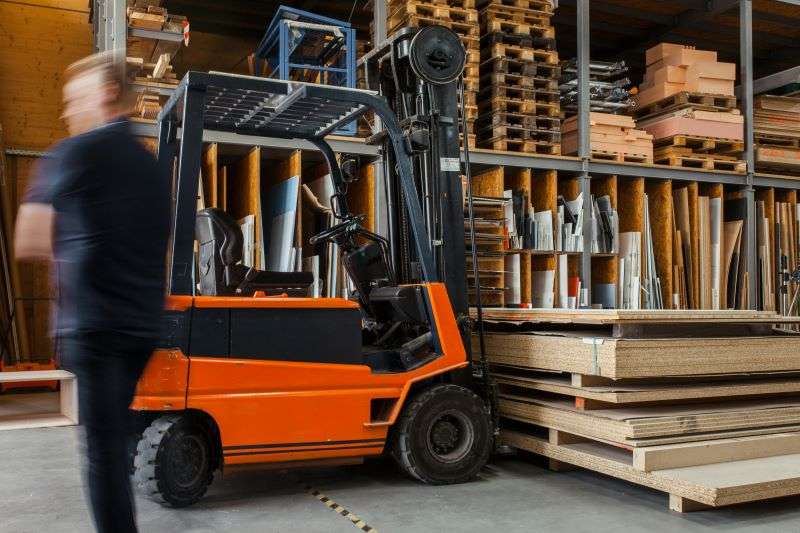The on-demand economy, fuelled by platforms like Amazon, Uber, and Airbnb, has set high expectations for near-instantaneous delivery of products and services. This has compelled businesses to rethink their supply chain strategies. The ‘Uberization’ of warehouses, a trend involving the conversion of underutilized spaces into strategically located micro-warehouses, is a key part of this shift. By decentralizing their warehousing network and integrating these localized storage facilities, companies can reduce delivery times and enhance customer satisfaction.
The Importance of Local Warehouses
Unlike large, centralized warehouses that serve wide geographic areas, local warehouses can be situated closer to urban centers and densely populated regions. This proximity enables quicker last-mile deliveries, often the most time-consuming and costly part of the delivery process. Local warehouses are not only valuable for their geographic location but also for their versatility. They can be established in a variety of locations, such as garages, unused office spaces, and even within retail shops, maximizing space utilization and reducing overhead costs.
Challenges and the Role of Technology
While the ‘Uberization’ of warehouses offers numerous benefits, it also presents challenges for supply chain managers. Ensuring security within these unconventional storage spaces is crucial, necessitating investment in robust security systems and insurance policies. The fragmentation of the warehousing network also demands careful coordination and integration across the supply chain to prevent disruptions and inefficiencies.
Technology plays a pivotal role in modern warehousing. Advanced warehouse management systems and real-time tracking technologies enable businesses to maintain precise oversight of inventory across multiple locations. The integration of IoT and AI technologies can monitor warehouse environments, ensure optimal storage conditions, and analyze data to optimize routing, predict demand, and streamline operations.
Speed and Convenience
The ‘Uberization’ of warehouses is a transformative shift in the supply chain landscape, driven by the need to meet rising consumer expectations for speed and convenience. While this model brings strategic advantages, it also presents challenges in security, coordination, and tech integration. However, with a solid tech-savvy strategy, businesses can thrive in this new landscape, staying resilient and competitive. The future of warehousing is clear: tech-driven, decentralized, and ultra-responsive to today’s consumer needs.




